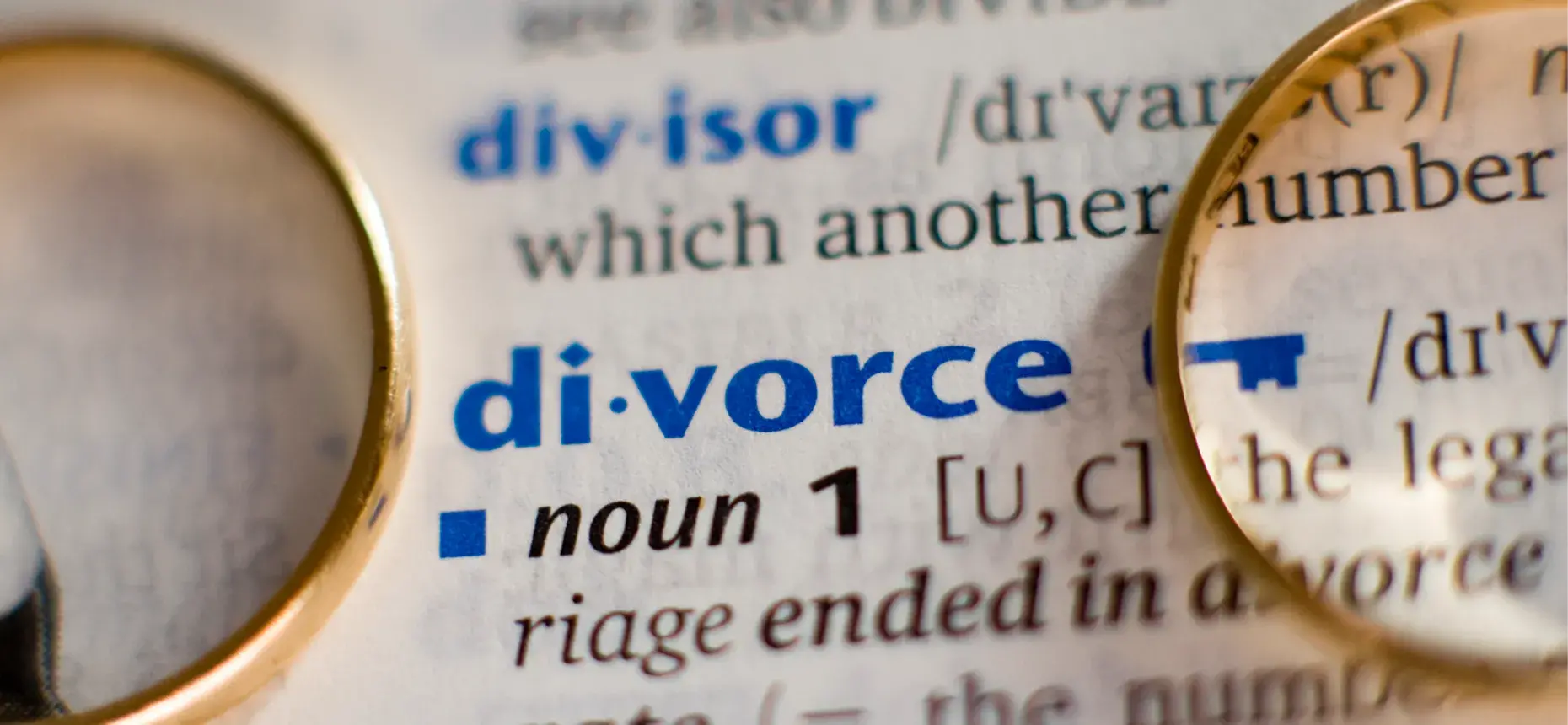Will you validate your estate on death?
Did you know that nearly six in ten adults do not have a valid Will, and that 30% of people who are age 55+ are also without a Will? I must admit, I was shocked to find out that these figures are so high.
Clearly a Will is an essential document to make sure that you leave your wealth, property and belongings to the right people and should also be a priority for couples after they have started a family, to cover issues such as guardianship, deciding who administers the estate and how the beneficiaries receive their wealth. However, 6.5 million adults refuse to discuss their Will with their loved ones, while 14 million people in the UK believe it is too early to write one.
Do I really need a Will?
For those who do not have a Will in place, it could take at least 3-5 weeks for a relative to be permitted to administer your estate after death (after having first applied for a grant of letters of administration). This process could take longer if there are complications such as inheritance tax (IHT) to be paid, disputes over who receives the inheritance and the possibility of incorrectly filed forms. This issue could then be compounded by interest being accrued from any outstanding IHT liability, if six months has passed since the date of death.
Not only could this cause financial detriment to your family, but upon completing the administration of the estate, it may lead to younger beneficiaries receiving a large sum of wealth too soon (i.e., over 18 but still immature). Without a valid Will, you cannot control the distribution of your wealth, due to a set of rules known as ‘intestacy’. If married, these rules (for England and Wales, as the rules in Scotland and Northern Ireland each differ) are as follows:
all personal property and belongings (chattels) are passed to the surviving spouse
the next £270,000 of your estate is also passed to the surviving spouse
the remaining estate is split 50:50, where the surviving spouse would receive 50% and any children would receive the other 50%, split equally between them
What other impacts could it have?
In some cases, it can lead to potential inheritance tax (IHT) issues, which can be mitigated by having a Will in place.
For example, Mr Smith is married to Mrs Smith and they have three children, who are all below the age of 18. Mr Smith has an estate valued at £2 million, which includes an unencumbered main residence valued at £500,000, that is owned on a joint tenancy basis. Unfortunately, Mr Smith passed away in December 2020.
His estate could be distributed as follows, depending on whether he had a valid Will in place:
Scenario 1: Valid Will in place where Mrs Smith inherits all of Mr Smith’s assets:
The entire estate is passed to Mrs Smith, completely free of inheritance tax and, better yet, she inherits his nil rate band and residence nil rate band!
Scenario 2: No valid Will in place:
The main residence (as it is jointly owned by joint tenancy) and any personal belongings would be passed to Mrs Smith; however, the remaining estate of £1.5 million would be distributed as follows:
the first £270,000 of the savings goes to Mrs Smith
50% of the remaining estate (£615,000) goes to Mrs Smith.
the remaining £615,000 of savings goes to his children split equally, who all receive £205,000 each
As £325,000 of Mr Smith’s estate is exempt from IHT due to his nil rate band, the amount that is subject to IHT (the children’s’ inheritance less the nil rate allowed) is £290,000. This could lead to an IHT liability of £116,000.
This situation could have been prevented by writing a Will that passes his estate to Mrs Smith, who would benefit from spousal exemption. This also saves the headache of his young children receiving a huge sum of wealth at an early age.
Further planning which offers a philanthropic element can be leaving a gift to charity in your Will. Not only is this free of inheritance tax, but if you gift at least 10% of your taxable estate to charity, then the rate of inheritance tax charged drops from 40% to 36%.
But I already have a Will in place, why is it so important to update my Will?
If your Will is not up to date, then your wealth may be passed to those who you do not wish to inherit, such as a separated spouse or an estranged family member. Some people may intend to pass their wealth to a long-term partner, but unless the partner is stated as a beneficiary in the Will, then they (the partner) will likely not receive anything.
Furthermore, if you have divorced and re-married since the last written Will, this nullifies any existing Will (except in Scotland). Therefore, it is essential to review your Will periodically.
A Will should be a ‘must’, rather than an ‘if’.
Every individual should have an up-to-date Will to help avoid any of the above scenarios. This is an area we address (in conjunction with our legal contacts) as part of any financial planning for our clients, as it helps to safeguard their family from financial distress in the event of a worst-case scenario.
Therefore, the question should not be ‘Should I get a Will?’, but rather be “How quickly can I get a Will in place?”






